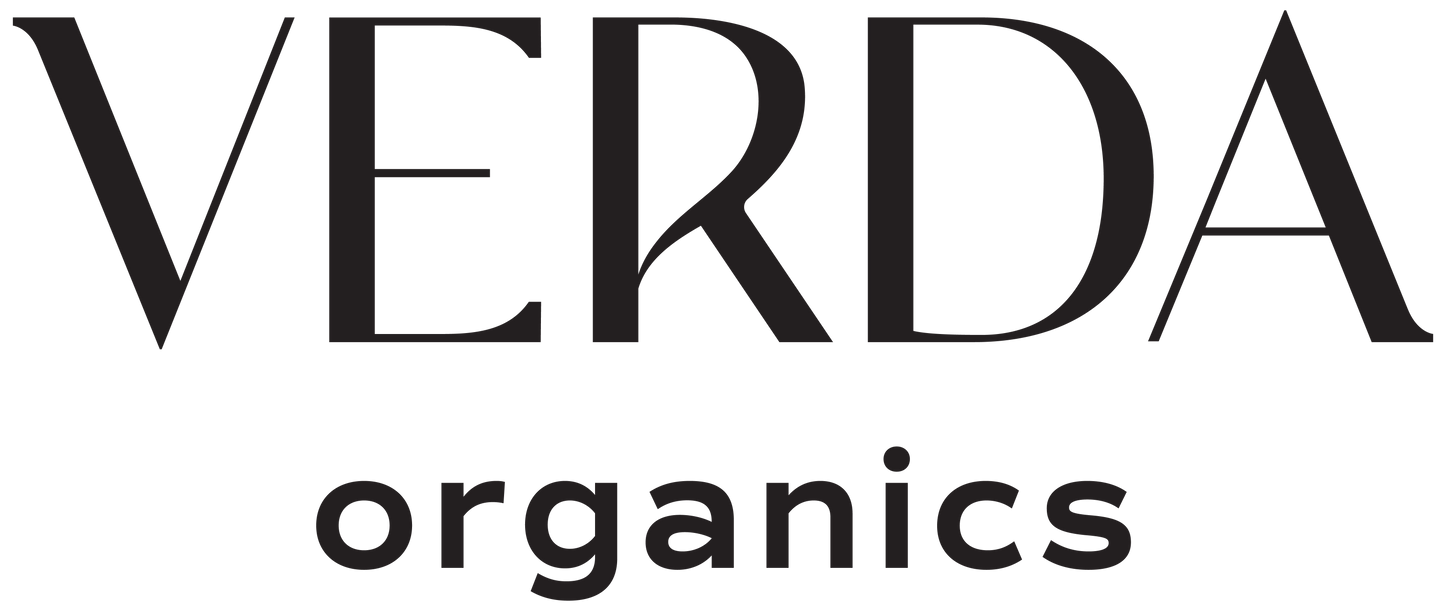
In the world of dietary supplements, the debate between natural and synthetic options is a hot topic. With health-conscious consumers increasingly turning to supplements to boost their well-being, understanding the difference between these two types is essential. But what exactly distinguishes natural supplements from their synthetic counterparts, and how do they stack up in terms of effectiveness, safety, and overall benefits? Let’s dive into the details.
What Are Natural Supplements?
Natural supplements are derived from whole food sources. They are extracted from plants, animals, or minerals in their natural state, often without undergoing extensive processing. The appeal of natural supplements lies in their holistic approach—they are more likely to contain a spectrum of nutrients that work synergistically, mimicking the way they are found in nature.
For example, a natural vitamin C supplement might come from acerola cherries, which also contain bioflavonoids and other phytonutrients that enhance vitamin C’s absorption and effectiveness. This “whole food” approach is believed to offer more comprehensive health benefits because the body recognizes and utilizes the nutrients more efficiently.
What Are Synthetic Supplements?
On the other hand, synthetic supplements are created in a laboratory through chemical processes. These supplements contain isolated nutrients that are chemically identical to those found in nature, but they are not derived from whole food sources. Instead, they are often manufactured from synthetic ingredients or processed from other substances.
For instance, synthetic vitamin C is usually made from ascorbic acid, which is produced by fermenting glucose from corn syrup. While the chemical structure of synthetic vitamin C is the same as that found in natural sources, it lacks the additional compounds present in natural supplements that may enhance its function.
Effectiveness: Natural vs. Synthetic
When it comes to effectiveness, the debate is ongoing. Proponents of natural supplements argue that the complex nutrient profiles found in whole foods can lead to better absorption and utilization by the body. This is often referred to as the “food matrix” effect, where the presence of multiple nutrients in a natural source works together to improve overall health outcomes.
For example, studies have shown that natural vitamin E, which includes a mix of tocopherols and tocotrienols, is more effectively absorbed by the body compared to synthetic vitamin E, which usually contains only one form, alpha-tocopherol.
However, synthetic supplements can also be highly effective, especially when a specific nutrient deficiency needs to be addressed quickly. Because they are more concentrated, synthetic supplements can deliver high doses of a particular nutrient, which can be beneficial in certain medical conditions.
Safety Considerations
Safety is another critical factor when choosing between natural and synthetic supplements. Natural supplements, being closer to their whole food sources, are generally perceived as safer because they contain a broader range of nutrients in their natural ratios. This can reduce the risk of overdose or adverse effects associated with isolated, high-dose synthetic nutrients.
However, not all natural supplements are automatically safe. The source of the supplement, the purity of the ingredients, and the presence of potential contaminants (like heavy metals or pesticides) must be considered. Additionally, some natural supplements might contain allergens or substances that interact with medications.
Synthetic supplements, while carefully manufactured to be free from contaminants, can sometimes cause side effects due to their isolated and concentrated nature. For example, high doses of synthetic vitamin A (retinol) can be toxic and have been linked to birth defects and liver problems.
Cost and Accessibility
Another practical consideration is cost. Natural supplements, especially those derived from organic sources, tend to be more expensive due to the complexity of sourcing and processing whole food ingredients. Synthetic supplements, being mass-produced, are generally more affordable and widely available.
For consumers on a budget, synthetic supplements can provide a cost-effective way to meet their nutritional needs, especially when natural options are out of reach. However, it’s important to weigh the cost against the potential differences in quality and effectiveness.
Making the Right Choice for You
So, which should you choose—natural or synthetic? The answer depends on your specific health needs, preferences, and budget.
If you’re looking for a supplement that closely mimics the nutrients found in your diet, a natural supplement might be the better choice. However, if you need a specific nutrient in a high dose or want a more affordable option, a synthetic supplement can be just as effective, provided you choose a reputable brand.
In the end, the most important factor is quality. Whether natural or synthetic, opt for supplements from trusted manufacturers who provide transparency about their sourcing and production processes. Look for third-party testing and certifications to ensure that what’s on the label is what’s in the bottle.
The choice between natural and synthetic supplements isn’t a simple one-size-fits-all decision. Both have their advantages and potential drawbacks, and the best option will vary depending on your individual circumstances. By understanding the differences and considering your own health goals, you can make an informed decision that supports your well-being.
Remember, supplements are just that—supplements. They should complement a balanced diet and healthy lifestyle, not replace them. Always consult with a healthcare provider before starting any new supplement regimen, especially if you have underlying health conditions or are taking other medications.



